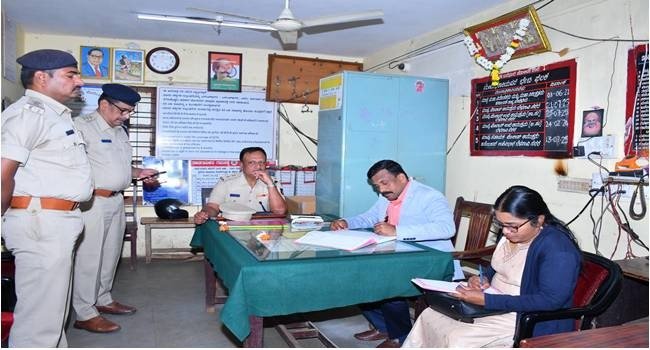

Karnataka Faces Significant Medical Seat Reduction
I. Overview of the Seat Loss
Karnataka’s medical education landscape has experienced a significant setback this academic year. The state reports a substantial loss of 201 medical seats. This decline, consequently, directly impacts thousands of aspiring doctors hoping to secure a place in professional medical courses across the state.
Read more : https://www.thehindu.com/news/national/karnataka/karnataka-loses-201-medical-seats-this-year/article69819892.ece
II. The JNMC Belagavi Bribery Scandal
A primary cause for this substantial cut stems from a decisive action by the National Medical Commission (NMC). Specifically, the NMC acted against Jawaharlal Nehru Medical College (JNMC) in Belagavi. The Commission chose not to renew 200 undergraduate and postgraduate seats at this prominent institution. Furthermore, this stringent measure followed a grave incident involving a college assessor. The Central Bureau of Investigation (CBI) blacklisted and subsequently arrested this assessor. Authorities allege the individual accepted a bribe. In exchange for this bribe, the assessor purportedly provided a favourable assessment report for the college. Such reports, incidentally, are crucial for seat renewals and new course approvals.
III. NMC’s Firm Response and Its Ramifications
As a direct result of these findings, the NMC took strong action. Indeed, the NMC will not renew existing seats for the 2025-26 academic year at JNMC. Moreover, it cancelled the college’s plans for any future seat enhancements or new course introductions. This decision, therefore, clearly underscores the NMC’s unwavering commitment to maintaining stringent standards and integrity within medical education. The incident, ultimately, highlights the rigorous oversight the NMC aims to impose on medical institutions to ensure both quality and ethical practices.
IV. Broader Impact on Karnataka’s Medical Education
In addition to the JNMC situation, Chitradurga Medical College also saw a minor reduction, losing one medical seat. Collectively, these reductions have significantly altered the state’s medical seat capacity. Last academic year, for instance, Karnataka offered a total of 12,395 medical seats across 71 colleges. However, this year, the total number has decreased to 12,194 seats available across 70 institutions. This shift, consequently, means increased competition for students aiming for a medical career within the state.
The Karnataka Examination Authority (KEA) plays a crucial role in managing admissions. Indeed, it will allot 9,263 medical seats through the UGNEET-2025 counselling process. Furthermore, the state’s dental education sector also contributes significantly to healthcare professional training. This year, 3,315 dental seats are available across 44 dental colleges throughout Karnataka. KEA also oversees their allotment, thereby managing the intake for both medical and dental programs.
V. Looking Ahead: Implications for Aspiring Doctors
The incident at JNMC Belagavi serves as a stark reminder. It highlights the critical importance of transparent and unbiased assessments. These assessments, crucially, ensure the quality and integrity of medical education across the nation. Stakeholders are now closely watching how this reduction will influence the medical admission landscape and the broader implications for public health infrastructure in Karnataka. Ultimately, the long-term effects on the supply of medical professionals in the state remain a key concern for policymakers and the public alike.
Read also: Belagavi Climbs to 72nd Rank in Swachh Survekshan 2024-25







